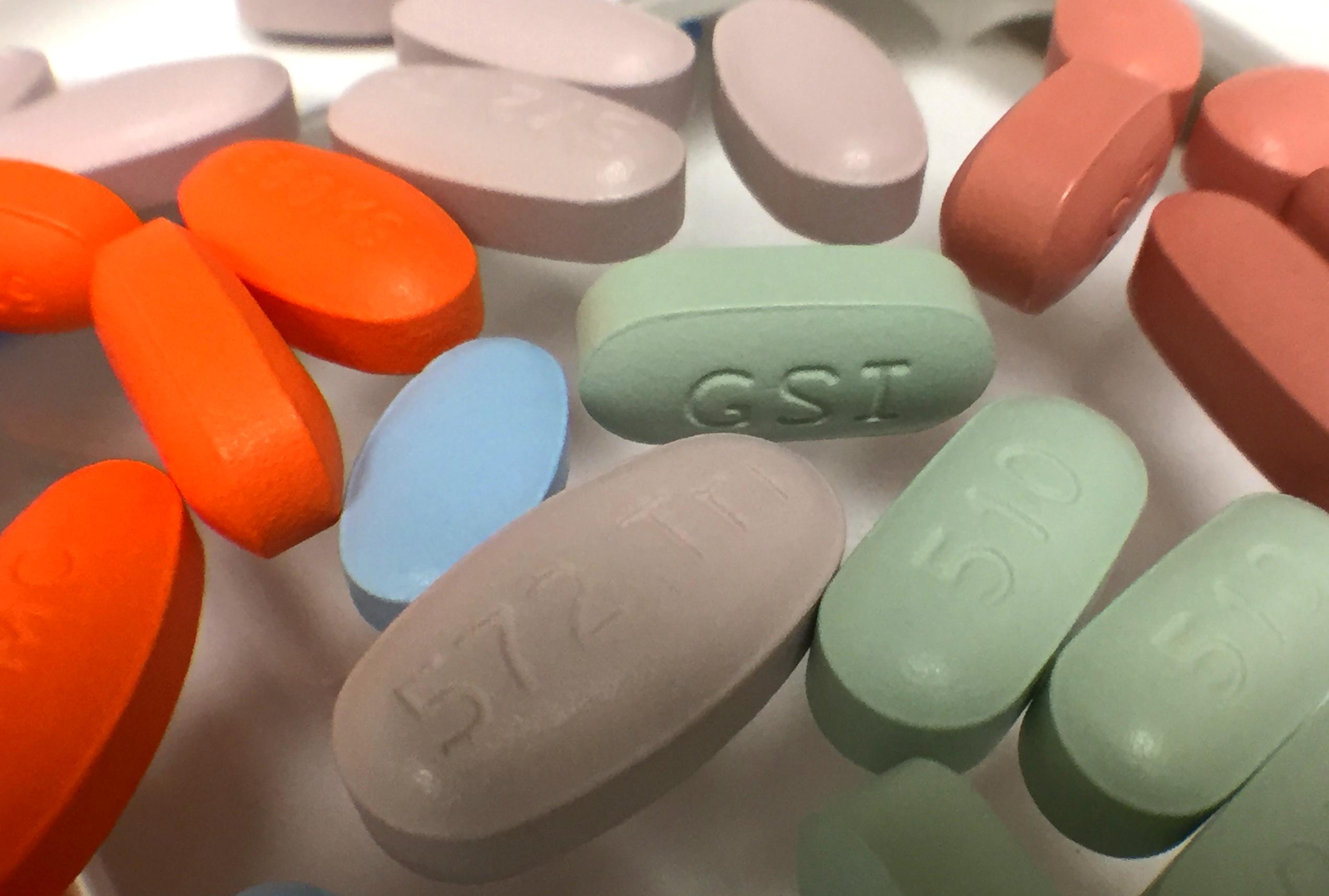
Solodyn Antitrust Class Action Lawsuit
Girard Gibbs, now Gibbs Law Group and Girard Sharp, filed an antitrust lawsuit against Medicis Pharmaceuticals and a number of generic drug manufacturers, alleging a conspiracy to monopolize the market for the minocycline hydrochloride-based acne drug Solodyn by illegally preventing an artificial version from going to market. The antitrust class action was filed in Northern California federal court in 2013.
The class action is on behalf of:
any person, business, union or other entity who purchased (by paying some or all of the purchase price) Solodyn or its AB-rated generic equivalent in the United States, District of Columbia or Puerto Rico from December 2008 to present.
Learn more about the Solodyn Class Action Lawsuit
To learn more about the lawsuit, contact the attorneys at Girard Sharp at 415.981.4800. The former law firm Girard Gibbs has completed a transition to become two firms, Gibbs Law Group and Girard Sharp.
Lawsuit: Medicis Illegally Delayed Release of Generics for Solodyn
According to the lawsuit, Medicis claimed entitle to abbreviated FDA new-drug applications for generic versions of Solodyn. The lawsuit also says that Medicis made illegal deals with competitors to prevent alternate versions of the drug from hitting the shelves.
The lawsuit says that Medicis abused the patent system to delay the release of generics for Solodyn. It says that Medicis registered an invalid patent on Solodyn, patent # 5,902,838 in the FDA’s Orange Book and used this patent to launch improper patent-infringement lawsuits against its generic competitors. According to the lawsuit, Medicis concealed pertinent information from the patent examiners in order to get the patent approved. FDMedicis allegedly engaged in a scheme to improperly launch infringement suits against competitors in an attempt to automatically stay FDA approval of generic version of the drug by improperly listing a patent it held on Solodyn in the , said the complaint. The suit claims that U.S. U.S. Patent Number did not belong in the Orange Book and was invalid because it was based on substantial prior art that the company did not disclose to examiners.
The Solodyn lawsuit also alleges that Medicis tried to eliminate generic competition in 2011 by releasing slightly altered dosages of Solodyn in an attempt to prevent pharmacists from being able to prescribe less costly generic versions of the drug . The lawsuit further alleges that Medicis entered deals in which it agreed to pay competitors to keep them from seeking approval for new generic versions of Solodyn.
Damages in the Solodyn Antitrust Class Action Lawsuit
The complaint further alleges that in the absence of Medcis' market manipulation, generic versions of the drug could have come to market as early as December 2008. Medcis'FDA application for approval of extended-release Solodyn tablets was approved in May 2006. Sales of the drug escalated from $247 million in 2007, to $761 million in 2011.